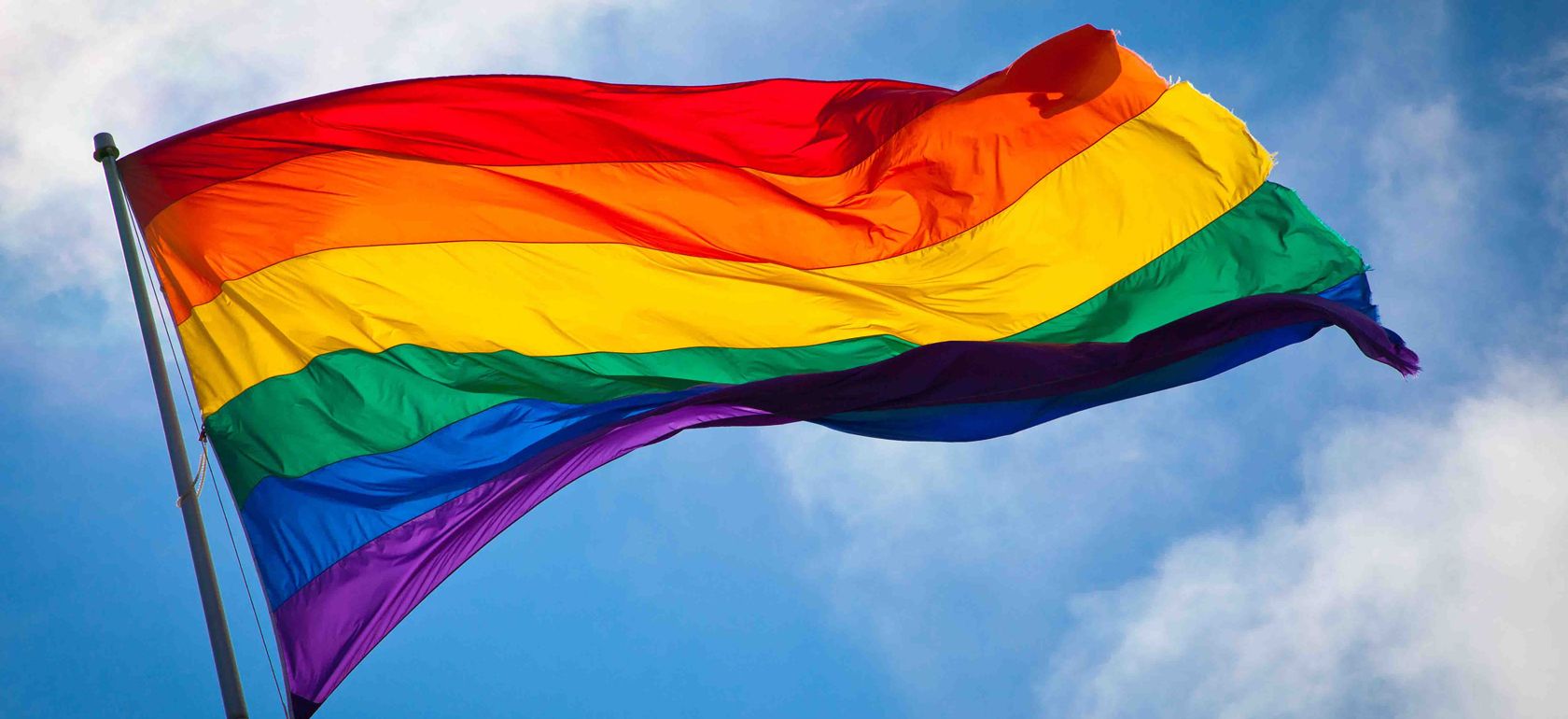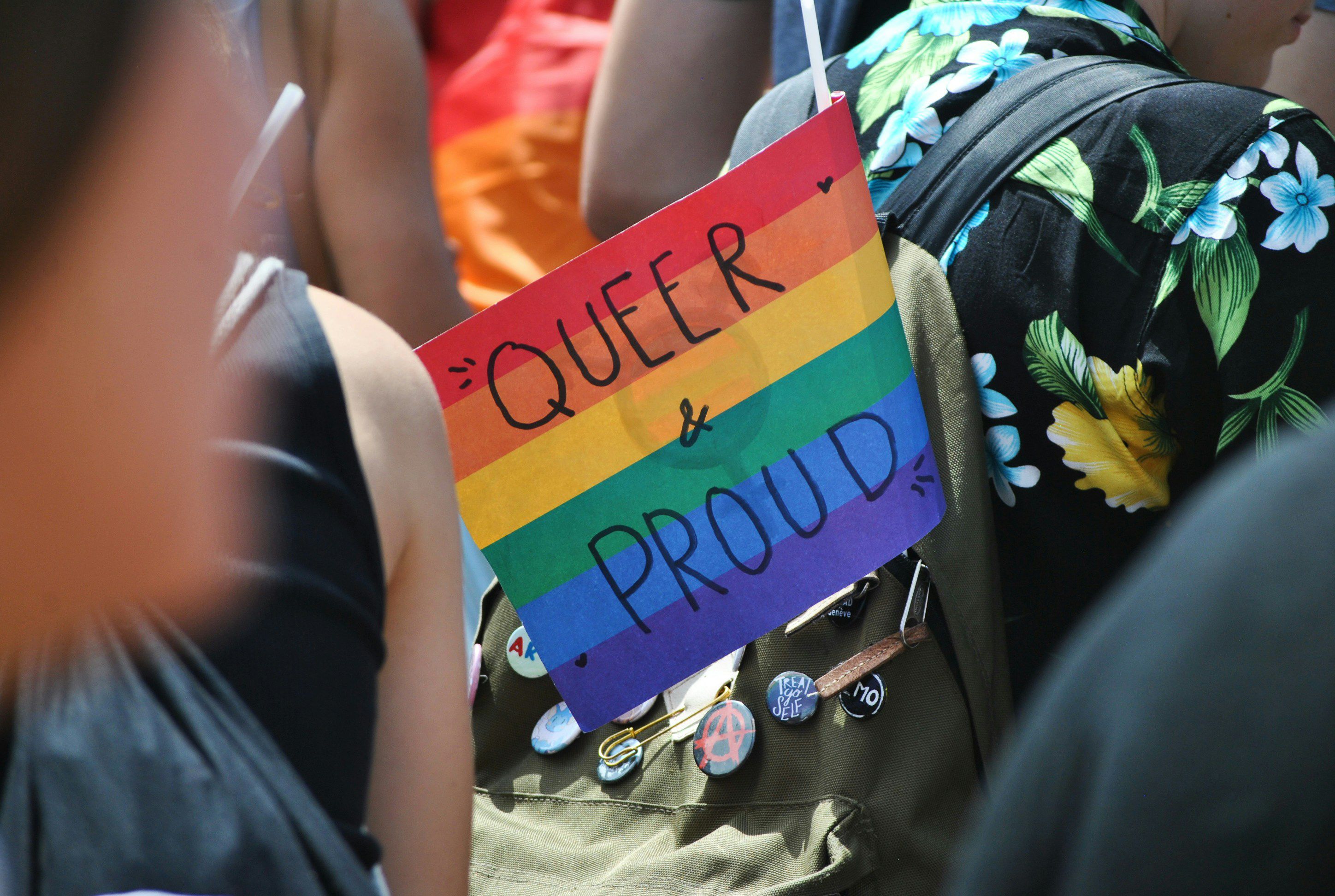Japan launches a new network to recognize same-sex couples, Spain's Socialist Party pushes for LGBTQ rights protections, and more than one in 10 teens identify as LGBTQ in Australia.
Japan Launches Network for Recognizing Same-Sex Couples
Japan’s Partnership System Municipal Cooperation Network (PSMCN) now connects 19 prefectures and over 150 municipalities, allowing same-sex couples to have their partnership registries recognized across regions.
According to The Washington Blade, this offers security for those who may move or maintain multiple residences. “The network is a step toward inclusion,” said a government representative, “and provides stability for same-sex couples.”
While Japan doesn’t recognize same-sex marriage, local “partnership oath systems” in 30 prefectures give couples access to some services. Still, these registries lack legal standing. Meanwhile, several court cases are challenging the same-sex marriage ban, with most lower courts declaring it unconstitutional. Japan’s Supreme Court may soon address the issue, as legal pressure grows for equal marriage rights nationwide.
Spain’s Socialist Party Pushes for LGBTQ Rights Protections
Photo via Adobe.
Spain's Socialist Party (PSOE) has proposed a constitutional amendment to safeguard marriage equality and abortion rights, aiming to counter rising far-right influence. The amendment plan, distributed at PSOE's national congress, calls for protecting “the social achievements of the last decade.” Though party leaders acknowledge the move may be “impossible” due to their minority position in parliament, they emphasize the importance of this step.
“Protecting these rights in the constitution would secure progress,” a PSOE spokesperson stated.
According to The Washington Blade, The Vox Party’s rapid growth has led to coalition-led rollbacks on LGBTQ protections in regions like Madrid. Though the amendment may face significant hurdles, it signals PSOE’s commitment to defending hard-won social rights against far-right opposition.
More Than 1 in 10 Australian Teens Identify as LGBTQ
Photo via Unsplash.
A recent survey of Australian high school students revealed that over 12% identify as gay, bisexual, pansexual, or asexual, while 3.3% are gender-diverse. Conducted among 6,388 Year 8 students between 2019 and 2021, the study highlights the need for inclusive support in schools and healthcare settings to combat stigma and discrimination.
“We need child health policies that provide inclusion and support of diverse gender identities and sexualities from a young age,” said Jennifer Marino, the study’s lead author and senior research fellow at the University of Sydney. She emphasized that safe spaces in schools and health facilities are crucial for young adolescents.
According to The Guardian, teens identifying as transgender or nonbinary reported higher rates of disabilities and mental health diagnoses. Marino noted that, similar to older adolescents, younger teens experience “minority stress” due to discrimination, which contributes to mental health challenges.
Jonathan Hallett, a health promotion lecturer at Curtin University, underscored the study's importance for healthcare planning: “We measure what matters, and for so long our communities have been invisible in Australian data.”
The study calls for targeted resources to address health disparities affecting LGBTQ youth and increase cultural competency among care providers.








